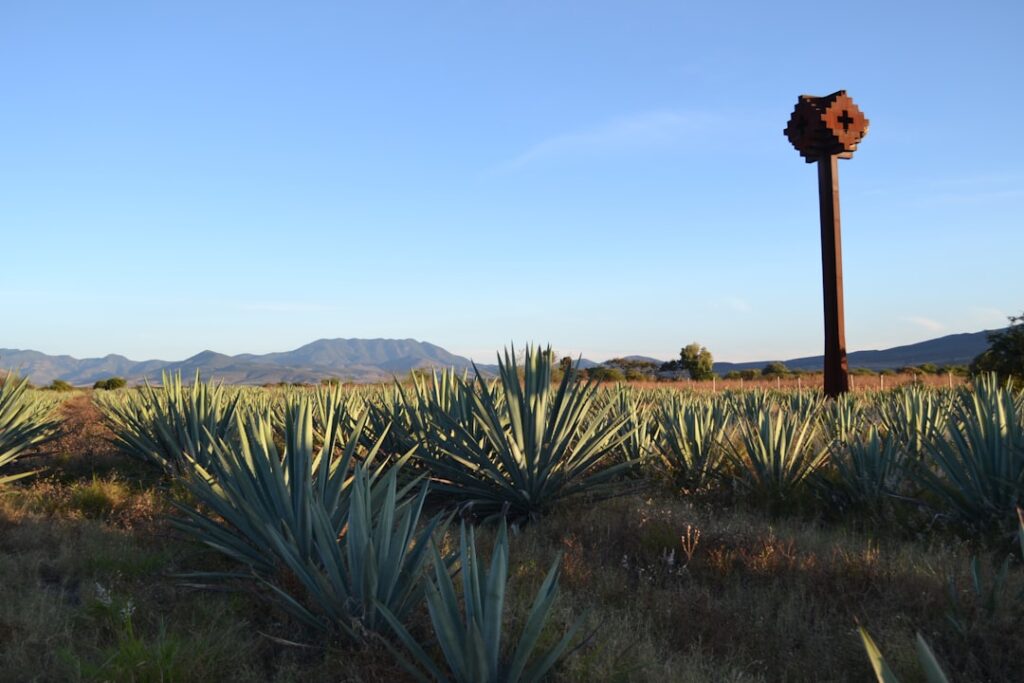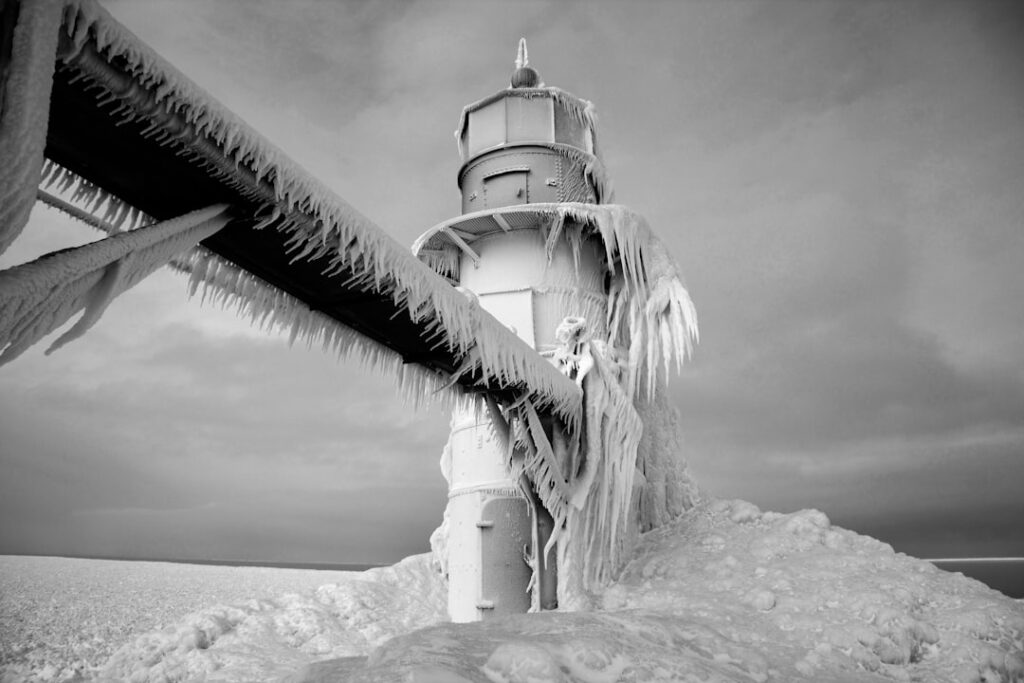Mezcal, a traditional Mexican spirit made from the agave plant, has been gaining popularity in recent years, both domestically and internationally. With this rise in demand, there has also been a surge in illegal mezcal production. This illegal activity often takes place in remote areas where regulations are difficult to enforce, and it poses a threat to the environment, the economy, and the well-being of those involved in its production.
The allure of mezcal lies in its unique flavor profile and artisanal production methods. However, the surge in demand has led to an increase in illegal production, as some producers seek to capitalize on the market without adhering to the strict regulations that govern mezcal production. This has led to a proliferation of unregulated distilleries that operate outside the law, putting the integrity of the mezcal industry at risk.
The illegal production of mezcal not only undermines the efforts of legitimate producers who adhere to strict quality and sustainability standards but also poses significant environmental and social risks. As such, it is crucial to understand the impact of illegal mezcal production on the environment, the people involved, and the economy.
Key Takeaways
- Illegal mezcal production has been on the rise, leading to environmental degradation and human exploitation.
- The environmental impact of illegal mezcal production includes deforestation, soil erosion, and water pollution.
- The human cost of illegal mezcal production involves exploitation of labor, unsafe working conditions, and health hazards.
- The economic consequences of illegal mezcal production affect the industry’s reputation and the livelihoods of legal producers.
- Legal and regulatory challenges in combating illegal mezcal production include enforcement, monitoring, and international cooperation.
The Environmental Impact of Illegal Mezcal Production
The environmental impact of illegal mezcal production is significant and far-reaching. Agave plants, the primary ingredient in mezcal, take several years to mature before they can be harvested for production. Illegal producers often engage in unsustainable harvesting practices, such as overharvesting or harvesting immature plants, which can lead to the depletion of agave populations and threaten the biodiversity of the region.
Furthermore, illegal distilleries often operate without proper waste management systems, leading to pollution of soil and water sources. The use of wood-fired ovens for roasting agave can also contribute to deforestation and air pollution. These environmental consequences not only harm the natural ecosystems but also impact the livelihoods of local communities that depend on the land for their sustenance.
The environmental impact of illegal mezcal production extends beyond the immediate vicinity of the distilleries, affecting entire ecosystems and contributing to global environmental challenges. As such, addressing illegal production is crucial for the preservation of the environment and the sustainability of the mezcal industry.
The Human Cost of Illegal Mezcal Production
The human cost of illegal mezcal production is often overlooked but is equally significant. Many of the individuals involved in illegal production are marginalized and vulnerable members of society who are exploited by unscrupulous producers. These individuals often work in hazardous conditions without proper safety measures or labor protections, putting their health and well-being at risk.
Furthermore, the proliferation of illegal distilleries has led to an increase in organized crime and violence in some regions. This not only threatens the safety of those involved in production but also undermines the social fabric of communities, leading to increased insecurity and instability.
In addition to the immediate risks posed by working in illegal distilleries, many individuals involved in production face long-term health consequences due to exposure to harmful chemicals and unsafe working conditions. Addressing the human cost of illegal mezcal production requires a comprehensive approach that prioritizes the well-being and rights of those involved in production.
The Economic Consequences of Illegal Mezcal Production
| Metrics | Data |
|---|---|
| Lost Tax Revenue | Estimated at 27.7 million annually |
| Jobs Lost | Approximately 300,000 jobs |
| Environmental Damage | Over 1 million hectares affected |
| Impact on Legal Mezcal Industry | Loss of market share and reputation |
The economic consequences of illegal mezcal production are multifaceted and impact various stakeholders within the industry. Legitimate producers who adhere to strict quality and sustainability standards are at a disadvantage when competing with illegal producers who cut corners and evade regulations. This undermines the integrity of the industry and threatens the livelihoods of those who rely on mezcal production for their income.
Furthermore, the proliferation of illegal distilleries can lead to market saturation and price fluctuations, making it difficult for legitimate producers to compete and thrive in the industry. This can have ripple effects on local economies, as many communities depend on mezcal production as a source of income and employment.
Moreover, the economic consequences extend beyond the immediate impact on producers, affecting supply chains, distribution networks, and export markets. Illegal production undermines consumer confidence in the authenticity and quality of mezcal, leading to reputational damage for the industry as a whole.
The Legal and Regulatory Challenges of Combatting Illegal Mezcal Production
Combatting illegal mezcal production presents significant legal and regulatory challenges. The remote and rugged terrain in which many illegal distilleries operate makes enforcement difficult for authorities. Additionally, corruption and lack of resources can hinder efforts to crack down on illegal production.
Furthermore, distinguishing between legal and illegal mezcal production can be challenging, as some producers may engage in illicit activities while also producing legitimate mezcal. This blurs the lines between legal and illegal operations, making it difficult for authorities to identify and prosecute offenders.
Moreover, international trade agreements and differing regulations across regions can complicate efforts to combat illegal production. Coordinating enforcement efforts across borders and ensuring compliance with international standards presents additional challenges for regulatory authorities.
Addressing these legal and regulatory challenges requires a coordinated approach that involves collaboration between government agencies, industry stakeholders, and international partners. Strengthening enforcement mechanisms, increasing transparency in supply chains, and harmonizing regulations across regions are essential steps in combatting illegal mezcal production.
The Role of Consumer Awareness in Combating Illegal Mezcal Production

Consumer awareness plays a crucial role in combatting illegal mezcal production. By educating consumers about the risks and consequences of purchasing illegal mezcal, industry stakeholders can empower consumers to make informed choices that support legitimate producers and sustainable practices.
Consumers have the power to drive demand for ethically produced mezcal by choosing products that are certified as authentic and sustainable. Supporting initiatives that promote transparency in supply chains and ethical production practices can help consumers make responsible purchasing decisions that contribute to the long-term viability of the industry.
Furthermore, raising awareness about the social and environmental impact of illegal mezcal production can mobilize consumers to advocate for stronger regulations and enforcement measures. By amplifying their voices and demanding accountability from producers and regulators, consumers can play a pivotal role in shaping a more sustainable future for the mezcal industry.
The Future of Mezcal: Addressing Illegal Production
The future of mezcal hinges on addressing the challenges posed by illegal production and ensuring the sustainability and integrity of the industry. This requires a multi-faceted approach that encompasses environmental conservation, social responsibility, economic viability, and regulatory compliance.
Industry stakeholders must work together to promote sustainable practices that prioritize environmental stewardship and community well-being. This includes investing in agave cultivation programs, implementing responsible harvesting practices, and supporting initiatives that empower local communities.
Regulatory authorities must strengthen enforcement mechanisms and collaborate with international partners to combat cross-border illicit activities. Harmonizing regulations and promoting transparency in supply chains are essential steps in creating a level playing field for legitimate producers.
Consumers have a critical role to play in shaping the future of mezcal by making informed purchasing decisions that support ethical production practices. By advocating for transparency and sustainability, consumers can drive demand for authentic mezcal that upholds high standards of quality and integrity.
In conclusion, addressing illegal mezcal production requires a concerted effort from all stakeholders involved. By prioritizing environmental conservation, social responsibility, economic viability, and regulatory compliance, the mezcal industry can chart a sustainable path forward that ensures its long-term viability while preserving its cultural heritage.
If you’re interested in learning more about the world of mezcal, you should check out this article on Keepinitfocused. It provides a comprehensive guide to understanding the different types of mezcal and the regulations surrounding its production. This article will give you a deeper insight into the complexities of the mezcal industry and help you appreciate the craftsmanship that goes into creating this unique spirit.
FAQs
What is ilegal mezcal?
Ilegal mezcal is a brand of mezcal, a distilled alcoholic beverage made from the agave plant. It is produced in Oaxaca, Mexico and is known for its smoky flavor and artisanal production methods.
Is ilegal mezcal legal?
Yes, ilegal mezcal is a legal brand of mezcal. The name “ilegal” is a reference to the historical production of mezcal, which was often made illegally in small batches.
How is ilegal mezcal made?
Ilegal mezcal is made from the agave plant, which is roasted, crushed, fermented, and then distilled. The production process is similar to that of tequila, but with a smokier flavor profile.
Where is ilegal mezcal produced?
Ilegal mezcal is produced in Oaxaca, Mexico, which is known for its traditional mezcal production methods and rich agave-growing regions.
Is ilegal mezcal authentic?
Yes, ilegal mezcal is considered authentic as it is produced using traditional methods in Oaxaca, Mexico, which is the heartland of mezcal production. The brand is also committed to supporting local communities and sustainable agave farming practices.






